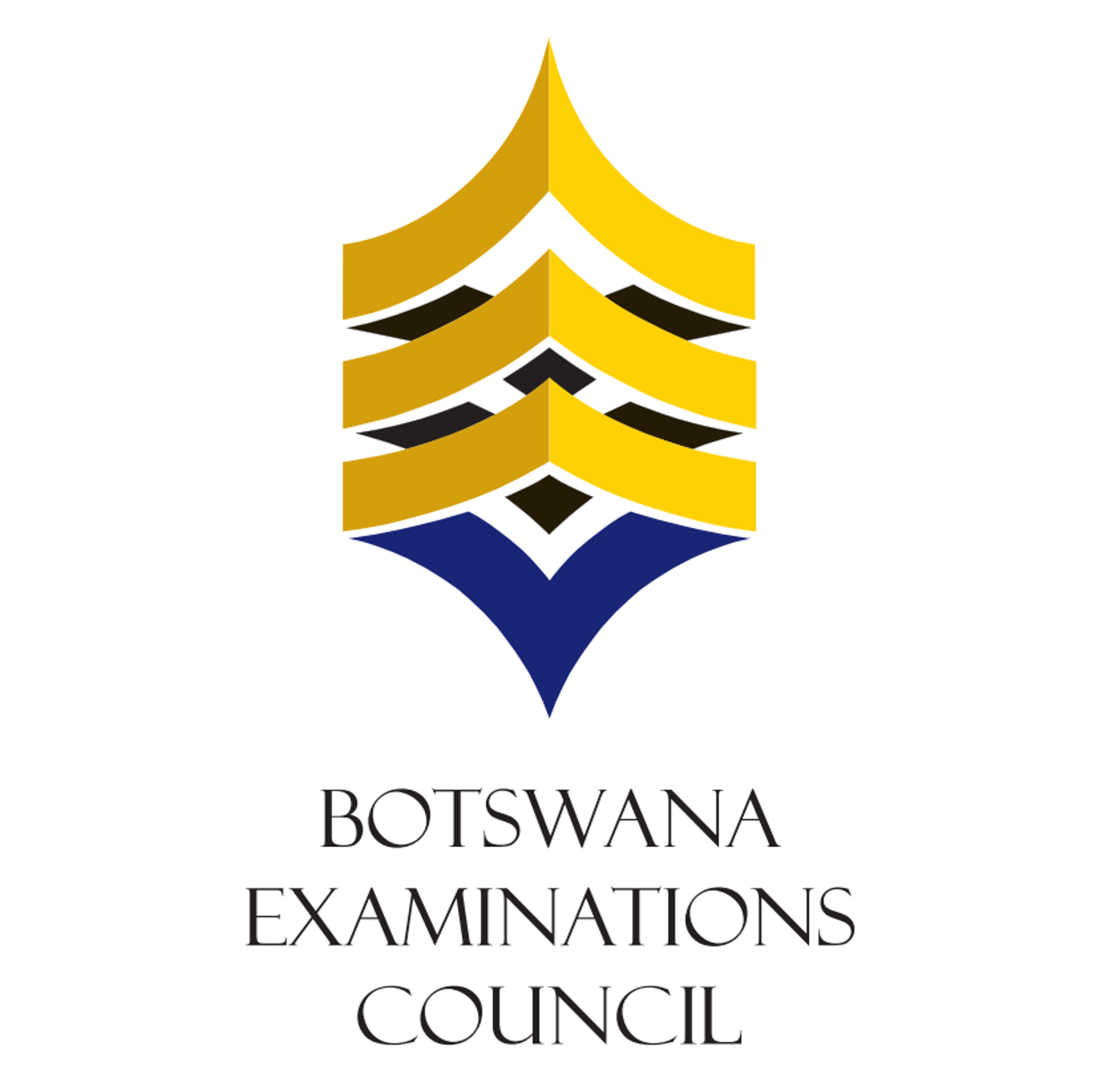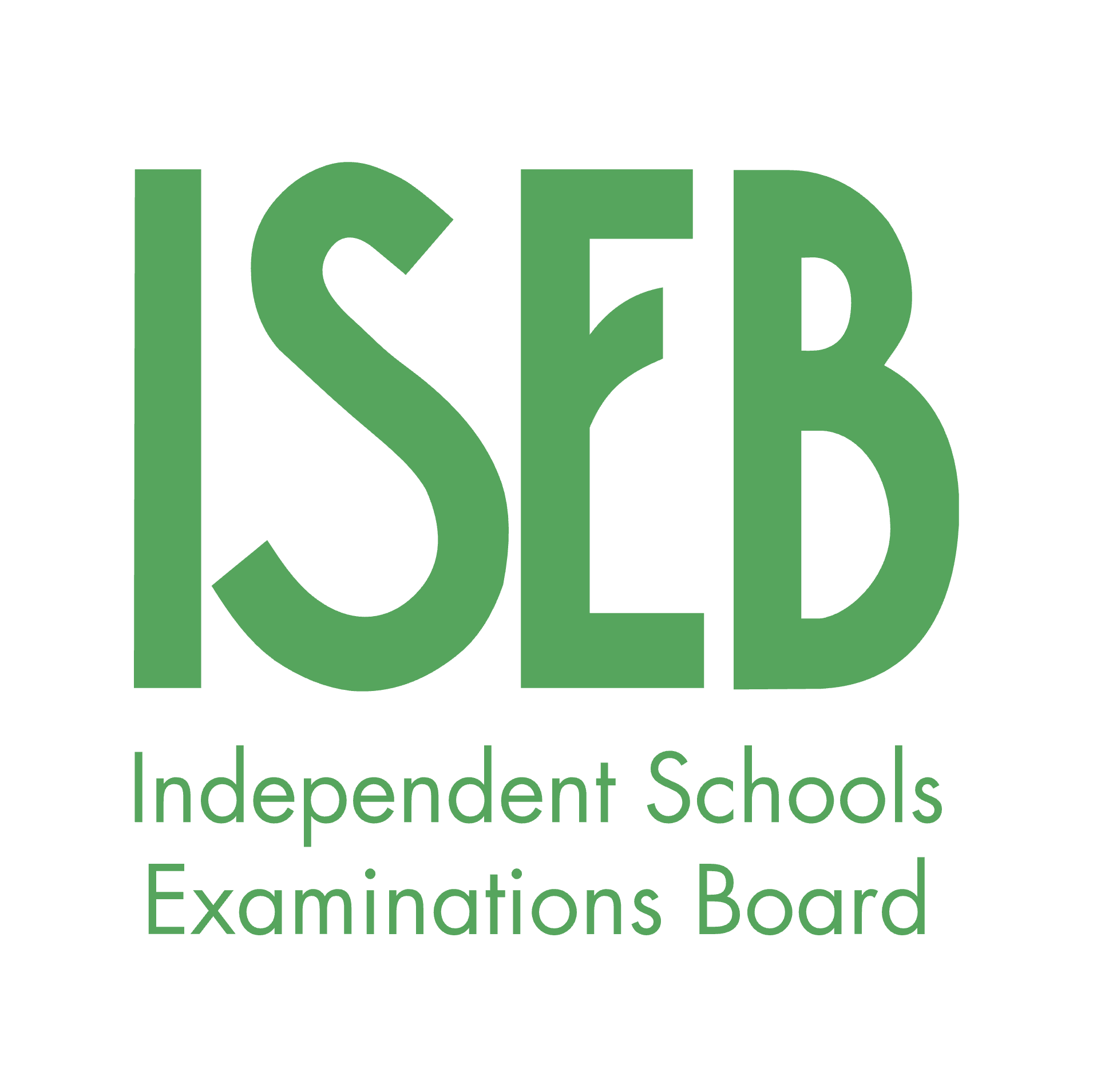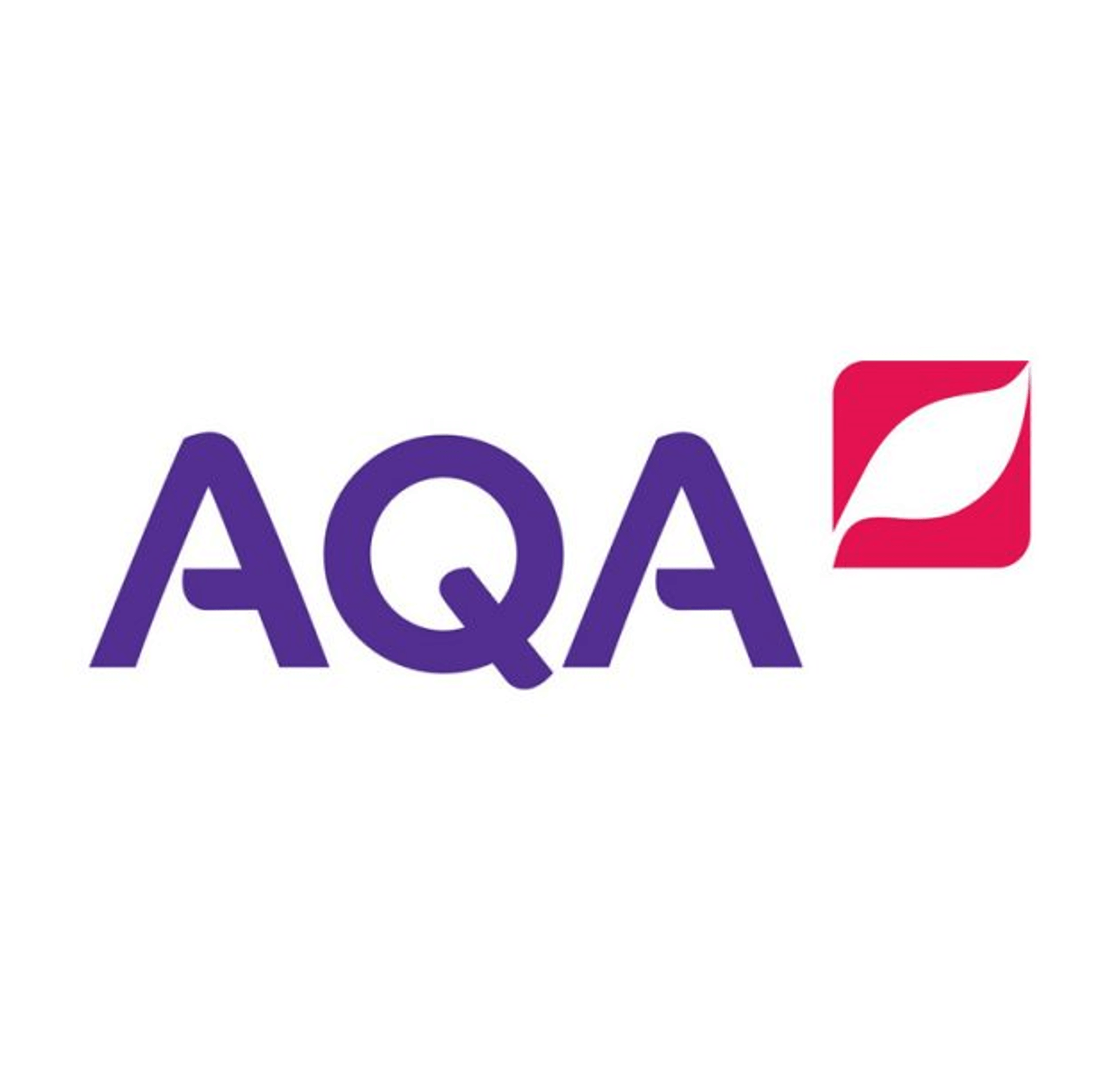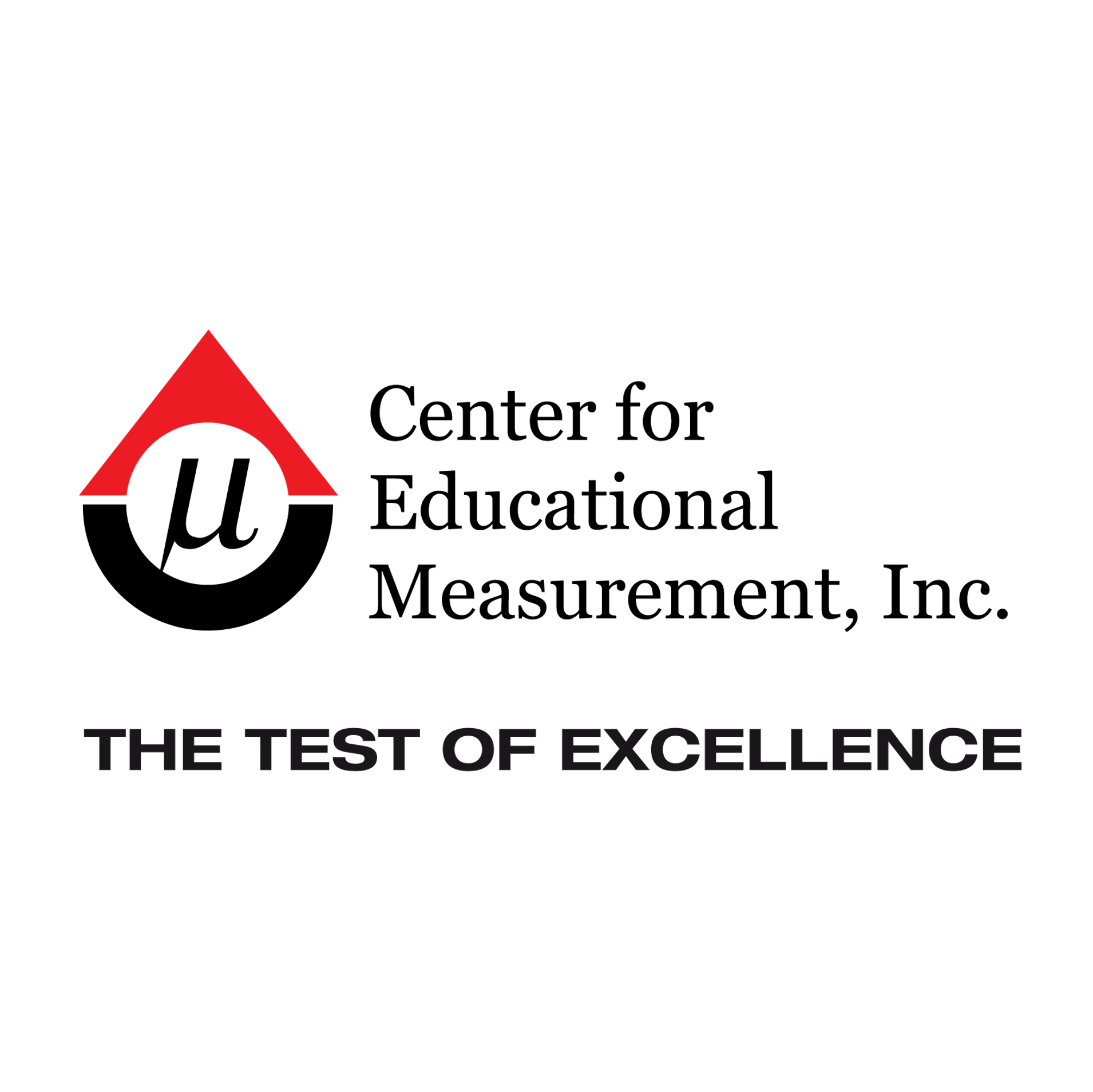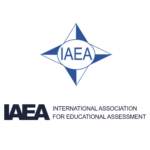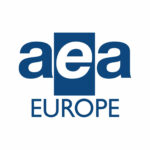In the fast-evolving world of assessment development, it is important for test providers to stay ahead of the curve. One concept that is gaining increasing attention in this field is that of “technical debt”.
Technical debt refers to the idea that the longer you use outdated technologies or processes, the more difficult and costly it becomes to adapt to new innovations in the future.
High-stakes testing is expected to undergo significant changes in the coming years, as new technologies and assessment approaches become increasingly integrated into standard examinations practice. To remain relevant in this evolving landscape, awarding bodies need to build a strong authoring foundation that is adaptable and scalable to the changing needs of their students.
Here are five signs to look out for, which may indicate that your assessments are heading for technical debt:
Manual Processes
Your exam authoring processes may be heading towards technical debt if you find yourself manually handling tasks such as:
- copying and pasting questions between different programs and systems
- tracking the stages of development progress in spreadsheets on long email chains
- using shared folders, email or post to send assessments and guidance documents back and forth between contributors
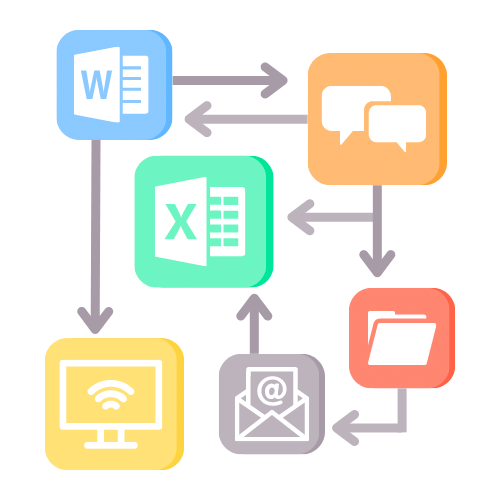
This can lead to errors, inconsistencies and put content at risk of being leaked or stolen by third parties. It will also limit your capacity and make it difficult to scale up production if the number of papers you provide needs to grow. The longer you allow these processes to go on, the more difficult it will be for your team to break out of them.
Limited Item Authoring Capabilities
Traditional office programs like Word and on-screen testing focused systems have limited capabilities when it comes to creating engaging questions. Relying solely on these tools can lead to technical debt as they lack the specific functionality for authoring rich question types and facilitating robust quality assurance.
You may find it challenging to create and manage the development of:
- advanced and interactive question types
- images, audio and video
- text sources and additional documents
- papers with special accessibility accommodations or translations

If this sounds familiar, it may be time to consider a centralized exam authoring platform so you can integrate more authentic source materials in the future.
Inefficient Item Banking
If you are using disparate systems to manage your approved questions, you may be heading towards technical debt.
Holding questions in inconsistent formats can make it difficult to collate and reuse quality content in future.
It can also lead to incomplete results data for each question, which could otherwise be used to inform the quality and reliability of your future assessments. As more content is created, the backlog of content needing conversion only grows.

Many prominent new assessment approaches such as adaptive diagnostic testing and formative quizzing, rely on a large number of individual questions being consistently stored with a wealth of accurate and up-to-date metadata. Poor storage and tagging of questions can reduce their value to you in the long-term and make it more difficult to adopt new assessment methods.
Inflexible Item Delivery
If your assessment delivery options are limited to paper-based tests or you’re tied into a single digital testing platform, you may find it difficult to initiate changes to your test delivery.
This uphill struggle could indicate that there is some technical debt in your system.
When it comes time to consider a more flexible form of delivering tests, the way you develop and hold your tests will be critical in deciding if can adapt with ease.

A centralized exam authoring platform can be adopted at any time, whether you are planning delivery changes or not. This will then support dual-output delivery to both print and on-screen via QTI, providing greater flexibility for test-takers long-term.
Lack of Collaboration
If you find that your assessment development process lacks collaboration and communication between team members, it may be a sign that you are heading towards technical debt.
- You may have branching versions of documents with different revisions and comments circulating.
- You might find that you would like to send questions for further quality assurance and expert review but don’t have time.
These workflow issues can cause confusion, reduce accountability, and ultimately damage the credibility of your processes.
With a centralized exam authoring platform, you can instead support real-time collaboration and monitor a streamlined workflow where team members can work together on exams more efficiently and effectively.

Summary
Centralized exam authoring platforms such as GradeMaker Pro are purpose-built for assessment development, providing a suite of tools specifically designed for advanced item authoring, item banking, and flexible delivery.
By leveraging a centralized exam authoring platform, you can stay ahead of the curve, and reduce the risk of falling into technical debt. GradeMaker provides the scalability necessary to meet the changing demands of the industry, while also reducing the risk of errors, streamlining processes, and improving overall efficiency.
Our Customers
